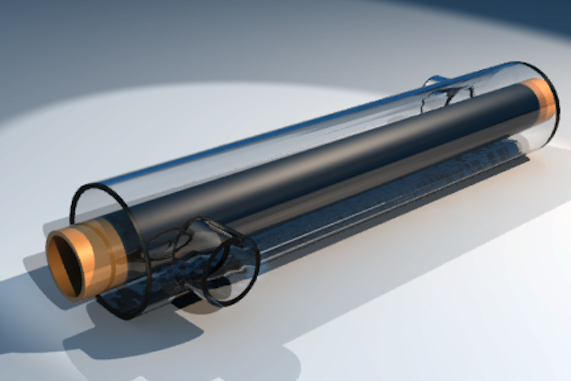Heat Exchanger Design and Operations
Heat exchangers are critical to a wide variety of engineering applications –
From power plants to chemical processing facilities. When they go down, you feel the negative impact. Join heat exchanger expert Joseph Holmes or Greg Starks and get up-to-date on the latest developments and strategies in heat exchanger design and the diagnosis, correction and troubleshooting of costly operating problems.
Gain a working knowledge of recent developments
In two days, you’ll examine in detail the design of shell-and-tube exchanger technology – the most common type of heat exchanger in oil refineries and chemical processes – and how to minimize fouling and ensure trouble-free operation. You’ll learn how to efficiently operate other types of exchangers, including gasketed plate, spiral plate and air-cooled equipment. Plus, you’ll learn strategies to help you troubleshoot, diagnose and correct operating problems – including those common to distillation column reboilers and condensers.
By the end of the course, you’ll gain state-of-the-art information and strategies you can apply to ensure the success of your next project involving heat exchanger sizing, specification and operation.
Instructor(s)

| AIChE Members | $1,495.00 |
| AIChE Grad Student Members | $747.50 |
| AIChE Undergrad Student Members | $747.50 |
Horizontal Tabs
Day One
8:00 – 8:30
Registration
8:30 – 10:00
Types and applications of heat exchangers
- Types
- Shell-and-tube heat exchangers
- Air coolers
- Plate-frame exchangers
- Compact plate-fin exchangers
- Applications
- Single-phase
- Boiling/evaporating
- Condensation
10:00 – 10:15
Morning Break
10:15 – Noon
Fundamentals of heat exchanger performance
- Energy balance
- Rating methods
- F-LMTD
- e-NTU
- Incremental computer-based
- Pressure drop
- Performance margins
- Fouling factors
- Cleanliness factors
Noon – 1:00
Lunch Break
1:00 – 3:00
Heat exchanger selection criteria
- Cost
- Operating Conditions
- Transient
- Maintenance needs
- Cleaning schedule
- Material selection
- Fluid compatibility
- Mechanical considerations
- Temperature and pressure
3:00 – 3:15
Afternoon Break
3:15 – 5:00
Single-phase applications
- Heat transfer coefficients
- Pressure drop
- Extended surfaces
- Enhancements
- Tube inserts
Day Two
8:30 – 10:00
Boiling applications
- Boiling fundamentals
- Pool boiling
- Flow boiling
- Two-phase pressure drop
- Typical services
- Refrigerant evaporators
- Reboilers
10:00 – 10:15
Morning Break
10:15 - Noon
Condensing applications
- Condensing fundamentals
- Film condensation
- Condensing regimes
- Pressure drop considerations
- Condenser geometries
Noon – 1:00
Lunch Break
1:00 – 3:00
Operational problems
- Fouling
- Vibration
- Venting and draining
- Reboiler problems
- Instability
- Film boiling
- Temperature pinch
3:00 – 3:15
Afternoon Break
3:15 – 5:00
Troubleshooting
- Use of field data
- Accuracy of measurements
- Accuracy of performance models
- Inspections
- Typical mechanical defects/degradation
Accommodation Instructions
AIChE Group Rate available at LaQuinta Inn & Suites Energy Corridor. Click link above or mention Booking Code AICHE1 to receive group rate (subject to availability). More info
